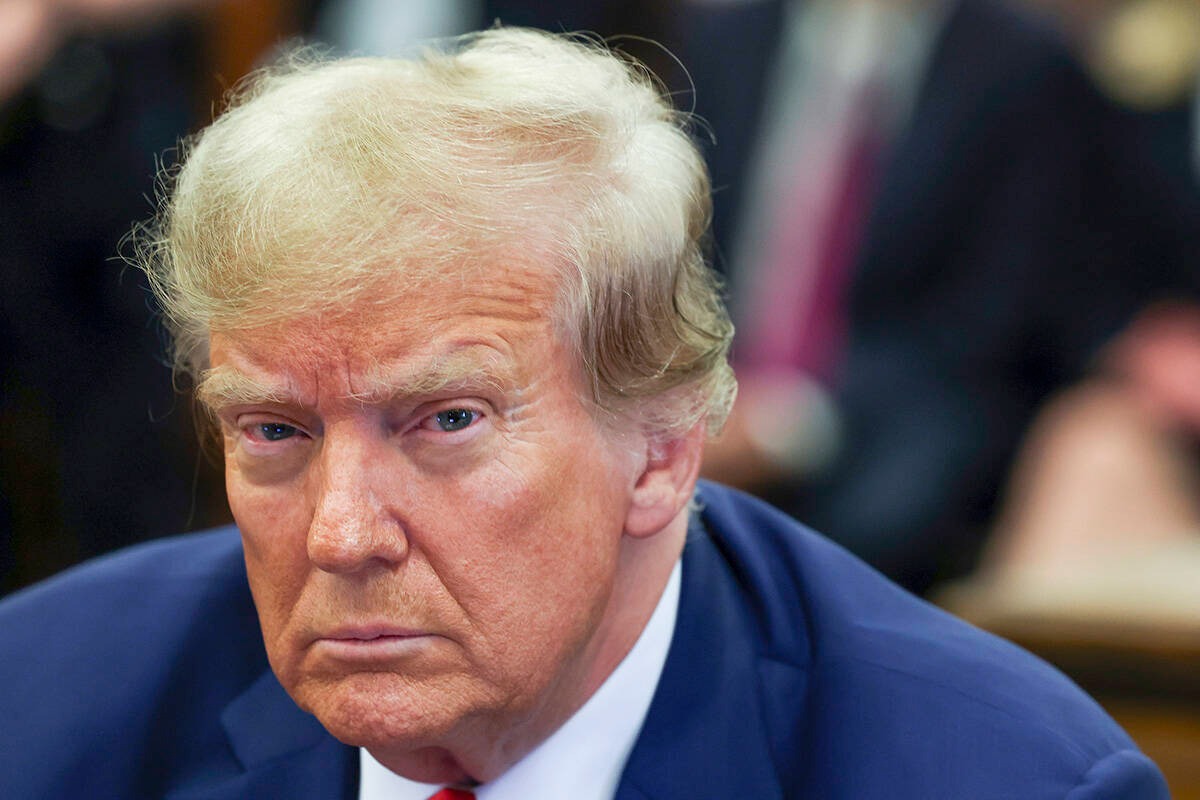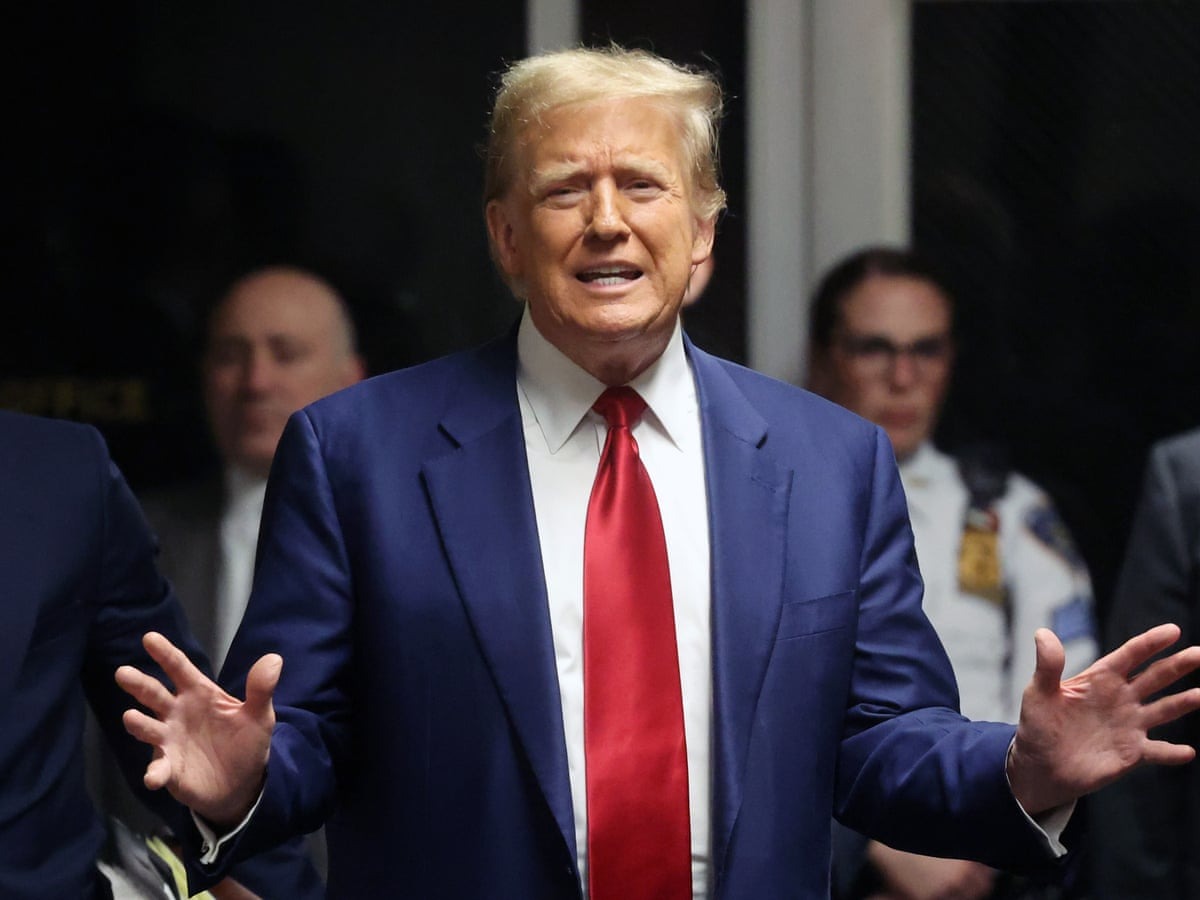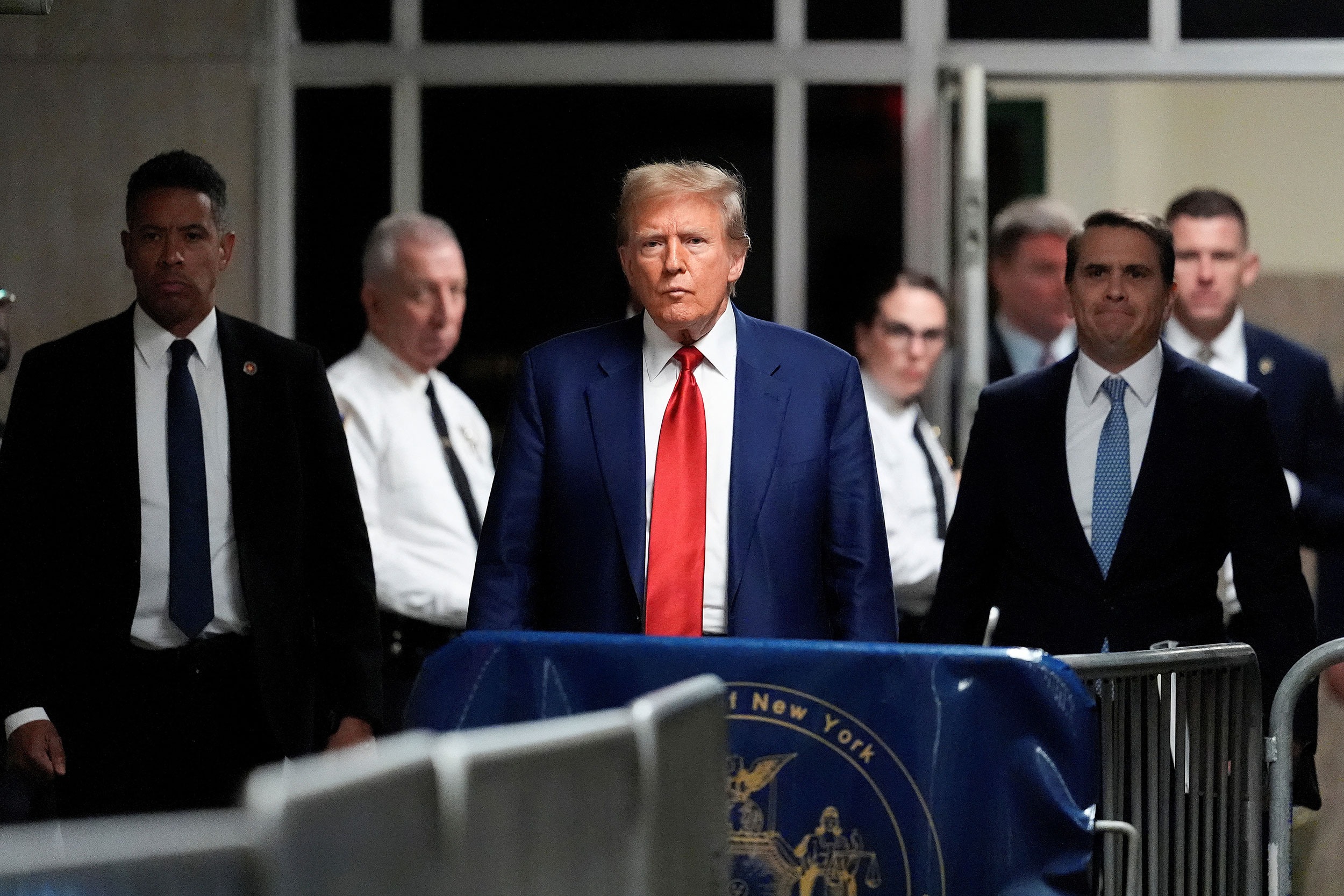In a recent legal development, Donald Trump received a financial reprieve from a New York appeals court. This court ruled that Trump must only secure a $175 million bond to pause the substantial $454 million judgment against him while he appeals.
The lawsuit, brought forward by New York Attorney General Letitia James, charges Trump and his company with inflating his wealth on financial statements to secure loans and insurance benefits. Contradicting these allegations, Trump argues that these documents understate his wealth.
The case resulted in a notable judgment by Judge Arthur Engoron, who ordered Trump to pay $355 million plus interest. Following this, Trump appealed, stating that the obligation to pay the total amount immediately would necessitate liquidating properties at potentially reduced prices.

Donald Trump: (Credits: Las Vegas Review)
The decision to lower the bond requirement offers Trump some breathing room. It allows him to contest the judgment without needing to dispose of his assets.
Trump faced challenges securing a bond for the total judgment amount, with underwriters requiring assets exceeding the judgment’s value. This highlights the complexity of financial guarantees in legal disputes. Trump voiced his intent on social media, underlining his unwillingness to sell assets and stressing the significance of the appeal.

Trump civil fraud case (Credits: The Guardian)
The legal battle underscores the interplay between law, finance, and personal assets. Trump’s ability to overcome these obstacles is pivotal as he seeks to reverse the judgment.
Trump’s involvement in Trump Media & Technology Group Corp. could enhance his financial prospects, potentially offering him further resources. This ongoing case impacts Trump’s finances and demonstrates the broader consequences of legal decisions on individual assets and business activities.























